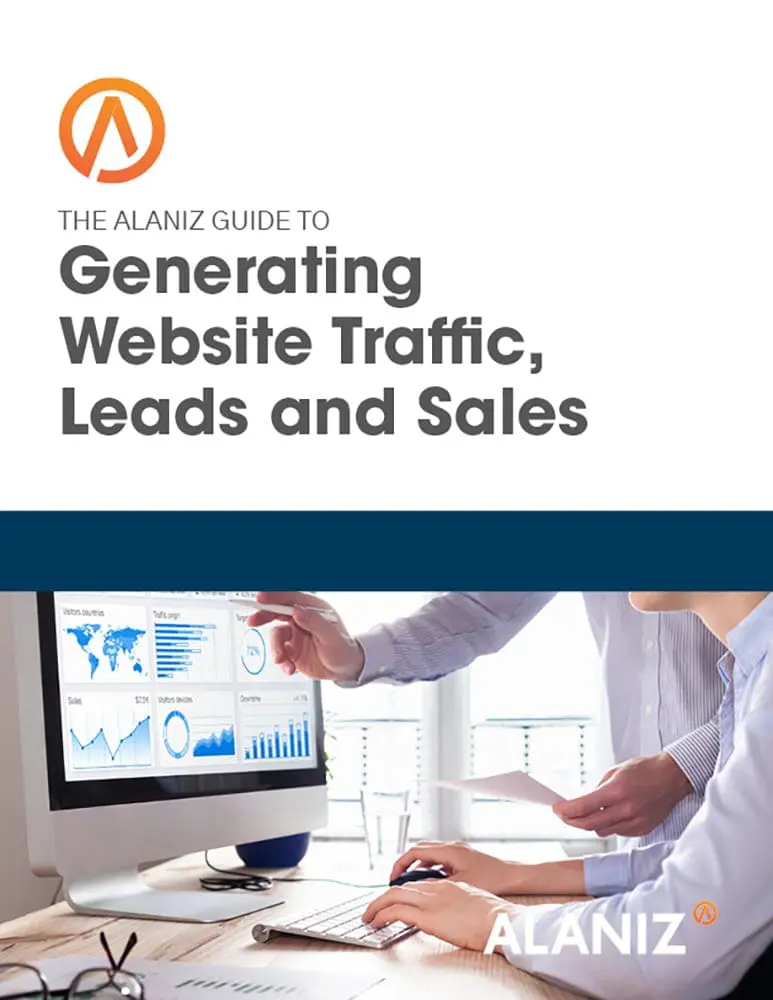An accountant I know likes to say, “I don’t sell tax returns, I sell peace of mind.” He had a good grasp on why people hire CPAs. They want to be confident that their taxes are done right and that they won’t be audited down the road.
What Are You Selling
An old saying goes, “People don’t buy drills, they buy holes.” The point is that people don’t buy products just to have them, they buy products that solve problems and accomplish goals. You could take it a step further and say that people really buy an experience. They don’t buy a drill, they buy a playhouse for a child.
What problem does your product solve? What positive outcome does it deliver? Buyers, especially businesses, buy value. Consumers can be impulsive and buy spend money on something shiny that makes they feel good. Businesses are rarely impulsive. They spend money when they have to. What do you do that businesses need so badly that they’ll give you money for your product or service?
Who Is Your Audience
Equally as important is knowing who you’re selling to. My accountant friend wasn’t selling to individuals. Most people can use a retail tax service to get the peace of mind he offers. People with large estates and businesses have complex tax issues that they don’t always understand well enough to file compliant returns. The risk of mistakes is much greater.
If your answer to “who you’re selling to” is everyone, you’re wrong. Not everyone needs what you have to offer. Not everyone wants what you have to offer. Most importantly, not everyone is willing to spend money for what you have to offer.
My accountant friend knows this. A 22-year-old in his first job is not going hire a CPA to do his tax returns. He can use the 1040EZ form with complete confidence. Pretending that your product or service is right for everyone simply erodes your credibility in the marketplace. Trying to market to everyone will strain your budget and your schedule. Who is your ideal customer–the one that has the problem that you solve and is likely to value the solutions enough to pay for it?
We had a client in the IT services business. He wanted to be hired for any IT service job, claiming he could help any business that used a computer network. He also wanted to charge a premium for his work. As we talked about his experience and his best customers, we found that where he really excels is with enterprise mobility management, a new frontier in IT security with employees using their personal devices to connect to corporate networks. Mobile security is mission critical to businesses and they have budgets to address it. This focus gave us a much more targeted path to revenue and success than targeting any company with a computer network.
It is important to ask yourself who your company or product can really help–who will be glad they found you and not need to be “sold” on the value you provide. You’re not going to trick people into buying something they don’t need, nor should you.
Marketing today is all about relevance. That’s what Google is looking for in search rankings because that’s what buyers are looking for when searching for solutions to their personal and business problems. You can only be highly relevant to specific groups. You can try to be a little relevant to a lot of groups, but few people are looking for something that is a little relevant to them.
Knowing what you’re selling, and who you’re selling to is the starting point for a successful marketing strategy.




